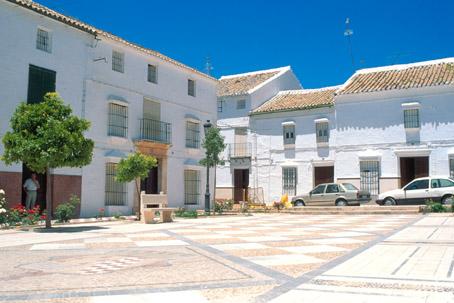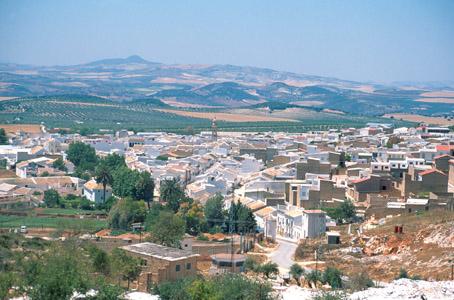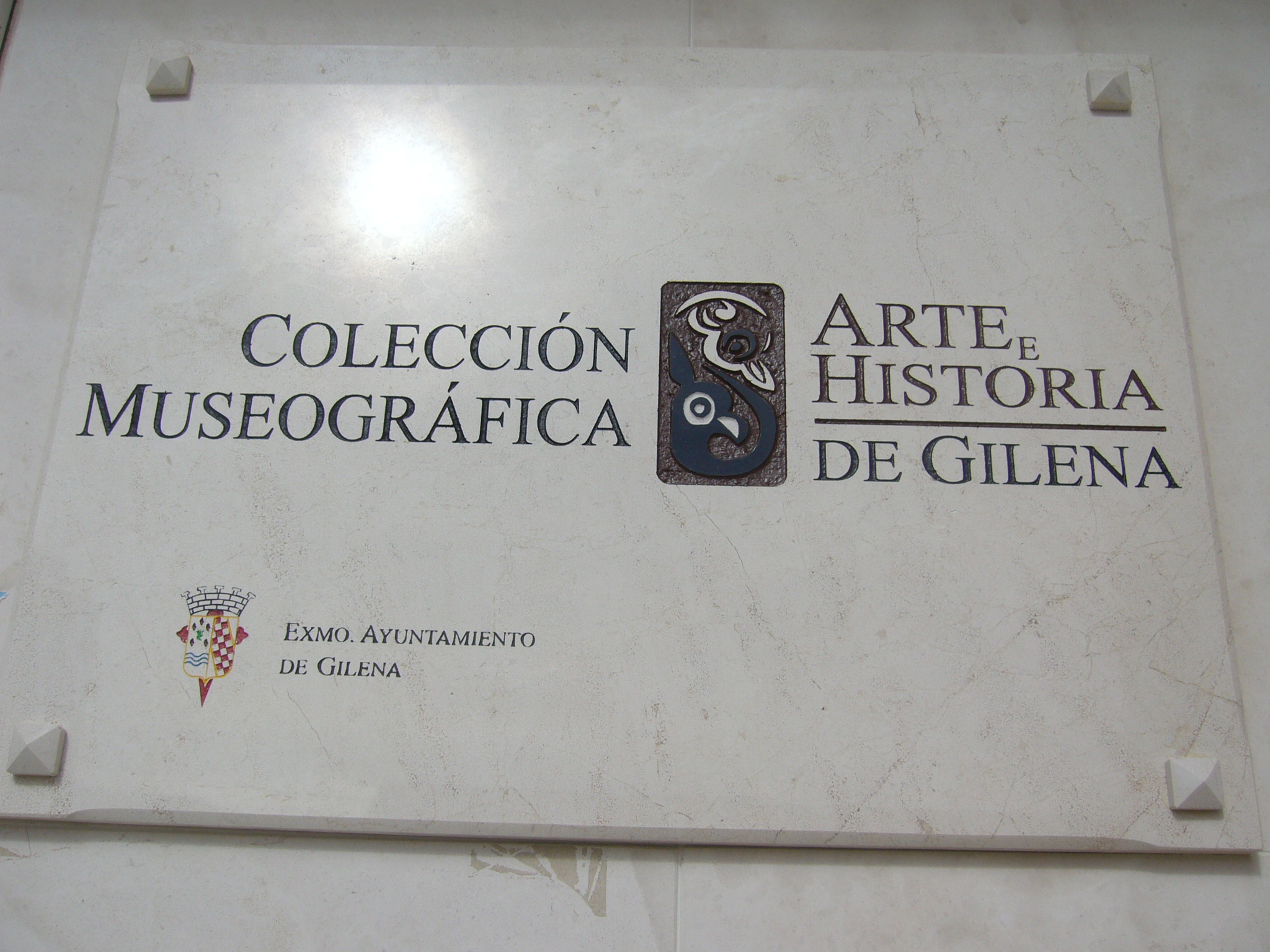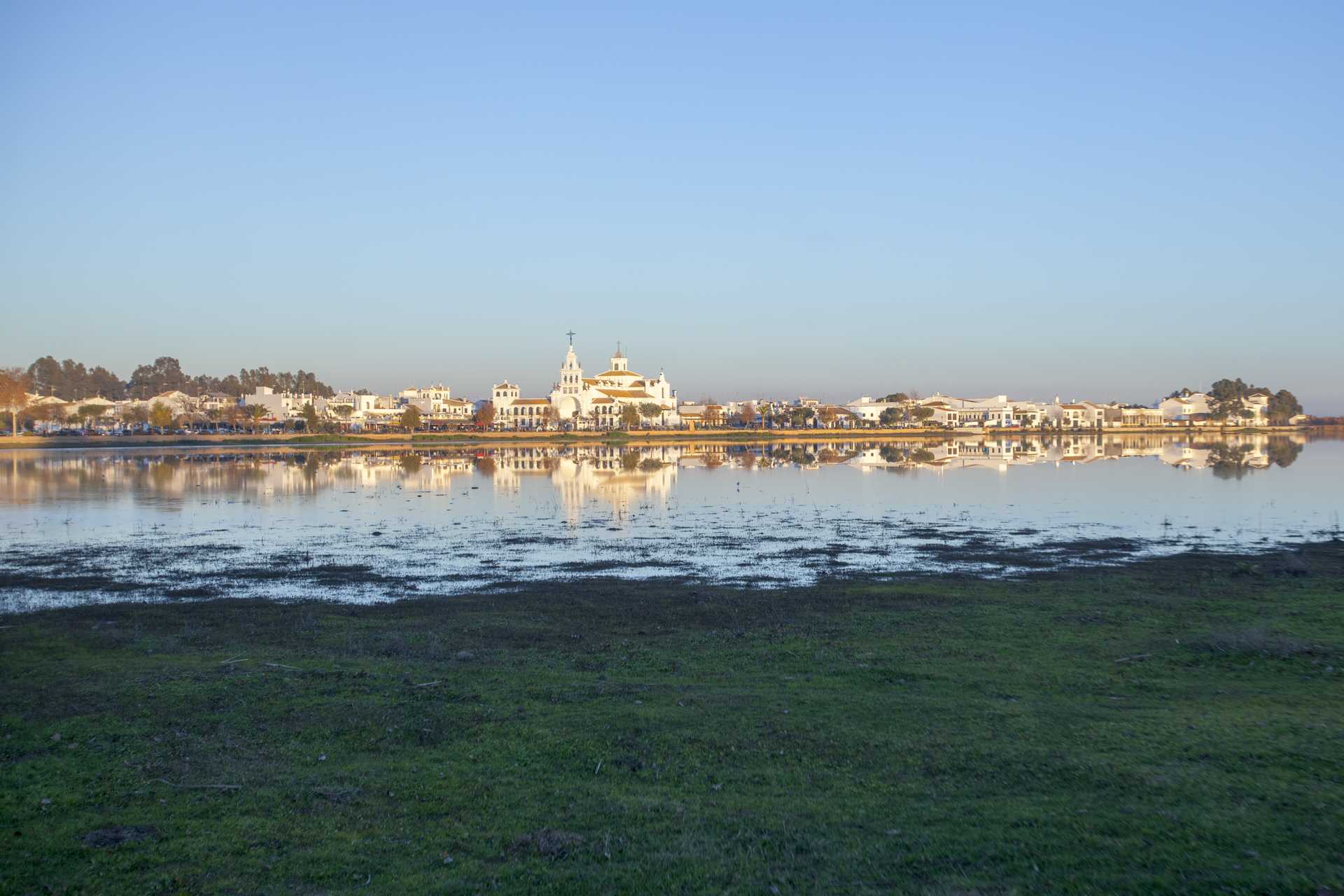Gilena
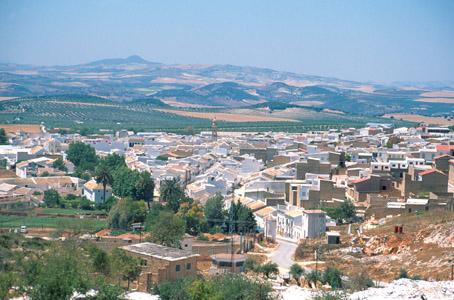
Small locality near Estepa, located at the feet of Sierra Becerrero, in the middle of an agricultural landscape of olive groves and fields of cereals. It has many archaeological sites, and its most interesting monument is the church of the Inmaculada Concepción.
History
The origin of the name Gilena could be Sílex, which means stone, or Silena, which means the place of the stone. Under the Arab domination the locality was called Gilena, later Puebla de Gilena and finally Villa de Gilena.Over the course of time many different civilisations settled in the AREA, due to its excellent geographic location and abundant supply of water. Remains dating back to Chalcolithic times, and to the domination of Romans, Visigoths and Arabs have been discovered.
According to some scholars, the Iberian city of Ilse, founded in the 1st century B.C., was located in this AREA.
As the agricultural district of the Cora (administrative district under the Arabs), Gilena was an important settlement during the period of Al-Andalus. The 12th century geographer Yaqut Al Hamawi cites the locality in his work "The Book of Nations", in which he speaks of its fantastic produce, including apples famous in all of Al-Andalus. The waters of the Ojo de Gilena drove the flour mills built along the river.
Following the Christian conquest it passed into the hands of the Order of Santiago.
During the reign of Philip II Gilena was given to the Marqués de Estepa, to whose family it belonged until the abolition of feudal domains in 1837.
Eminent citizens
Francisco Maireles Vela, painter.

- Max 17
- Min 10
- Max 62
- Min 50
- °C
- °F

